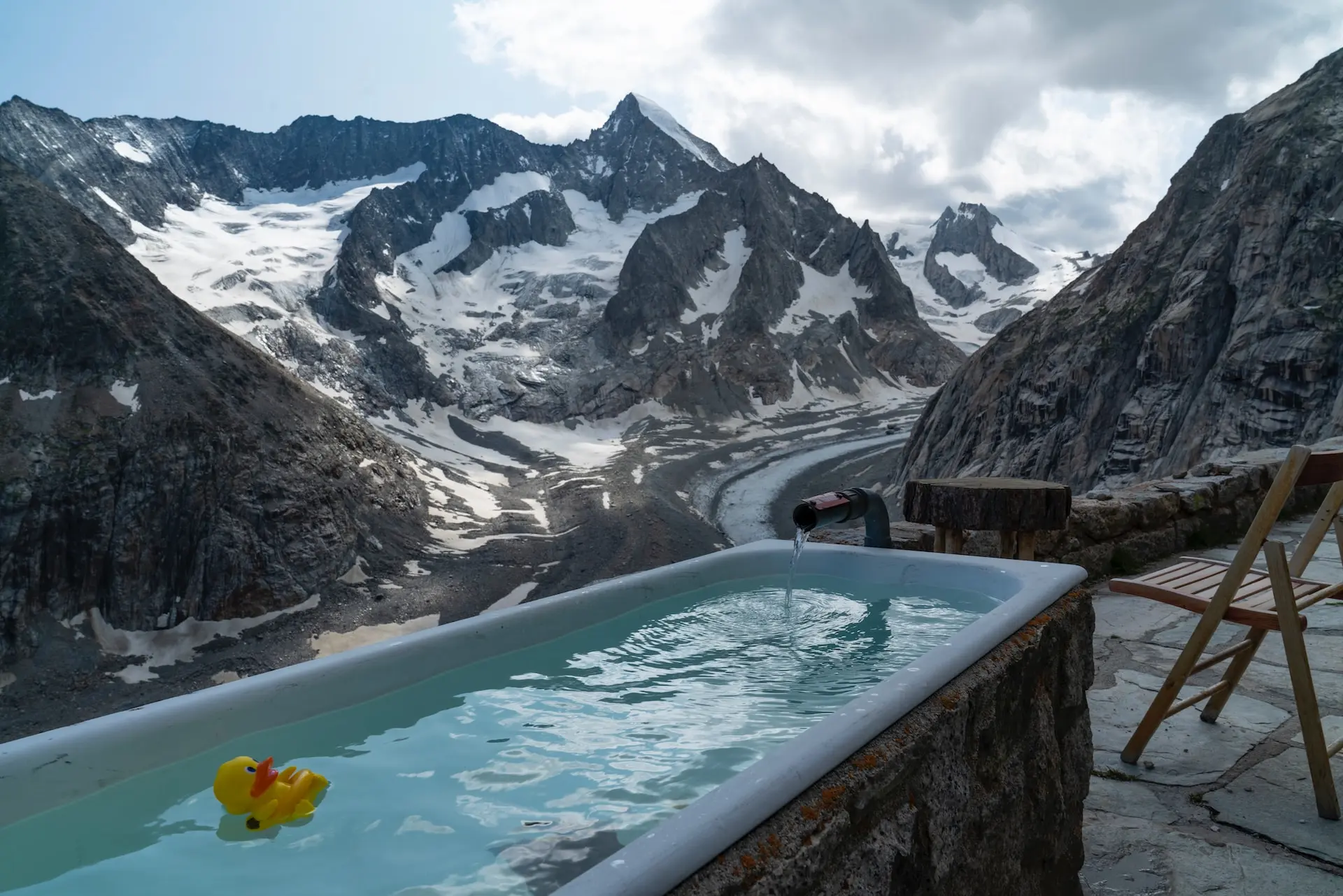The Science Behind Cold Water Exposure: Unleashing the Power of Dopamine and Adrenaline
The Science Behind Cold Water Exposure: Unleashing the Power of Dopamine and Adrenaline
Cold water exposure has been a wellness strategy harnessed by various cultures for centuries. In recent years, it has seen a resurgence in popularity due to its proven health benefits, such as increased dopamine and adrenaline levels, boosted immunity[3, 4], improved cardiovascular health[2], and enhanced metabolism[1]. This article will uncover the science behind the remarkable benefits of cold water exposure.
Dopamine, Adrenaline, and Cold Water Exposure
Two key chemicals play a significant role in the effects of cold water exposure: dopamine and adrenaline (epinephrine). Dopamine, a neurotransmitter, plays a crucial role in how we feel pleasure. It's linked with reward, motivation, memory, and more. Similarly, adrenaline, also known as the 'fight or flight' hormone, prepares our body for immediate physical action and enhances focus.
When your body is exposed to cold, it reacts to the uncomfortable stimulus by releasing these chemicals. The surge in dopamine helps manage the discomfort, leading to improved mood and a feeling of exhilaration. The increase in adrenaline, meanwhile, sharpens your senses and prepares your body to act, resulting in heightened alertness and focus.
Icy Immersion: The Cold Water Impact on Circulation
Cold water exposure has a profound impact on circulation. When our bodies are exposed to cold, our blood flow increases to our vital organs. This reaction, known as vasoconstriction, helps to improve cardiovascular health by exercising our heart and blood vessels[2]. Over time, regular cold water exposure can lead to improved cardiovascular health, lower blood pressure, and a decreased risk of heart disease.
Cold Water and Metabolism: Turning Up the Heat
In addition to its effects on dopamine and adrenaline, cold water exposure can also have a significant impact on metabolism[1]. When our bodies are exposed to cold, they have to work harder to maintain a stable internal temperature. This process, known as thermogenesis, leads to increased metabolic rate and, over time, can result in weight loss and improved metabolic health.
The Icy Immunity Boost: Cold Water and the Immune System
Cold water exposure also has a profound impact on our immune system. As our bodies adapt to the cold, they learn to be more efficient and effective at mobilizing immune responses. This results in an overall boost in immune function, making us more resilient to illness and disease[3, 4].
Cold Exposure for Mental Health: A Natural Mood Enhancer
The mental health benefits of cold water exposure are truly noteworthy. The increase in dopamine and adrenaline levels can lead to improved mood and a feeling of exhilaration[5]. Additionally, cold water immersion has been shown to reduce symptoms of depression and anxiety, making it a natural mood enhancer.
Cold Water Therapy: Practical Application
Now that you understand the science-backed benefits of cold water exposure, how can you practically apply this knowledge? Start by introducing cold showers into your daily routine, gradually decreasing the temperature over time. Once accustomed, you can explore more intensive forms of cold therapy, such as ice baths or outdoor swimming in cold water.
Conclusion
Cold water exposure, backed by scientific research, offers numerous health benefits. From boosting dopamine and adrenaline levels to improving cardiovascular health, enhancing metabolism, and bolstering the immune system, this simple wellness strategy has profound impacts. Start your cold water therapy journey today and reap the remarkable benefits.
Related articles
References
- [1] Stocks, J. M., Taylor, N. A., Tipton, M. J., & Greenleaf, J. E. (2004). Human physiological responses to cold exposure. Aviation, space, and environmental medicine, 75(5), 444-457.
- [2] Sun, Z. (2010). Cardiovascular responses to cold exposure. Frontiers in bioscience (Elite edition), 2, 495.
- [3] Castellani, J. W., Brenner, I. K., & Rhind, S. G. (2002). Cold exposure human immune responses and intracellular cytokine expression.
- [4] Janský, L., Pospíšilová, D., Honzova, S., Uličný, B., Šrámek, P., Zeman, V., & Kaminkova, J. (1996). Immune system of cold-exposed and cold-adapted humans. European journal of applied physiology and occupational physiology, 72, 445-450.
- [5] Muller, M. D., Muller, S. M., Kim, C. H., Ryan, E. J., Gunstad, J., & Glickman, E. L. (2011). Mood and selective attention in the cold: the effect of interval versus continuous exercise. European journal of applied physiology, 111, 1321-1328.
